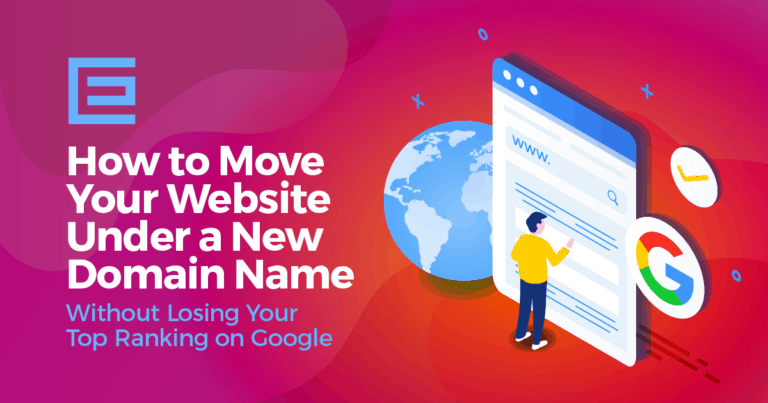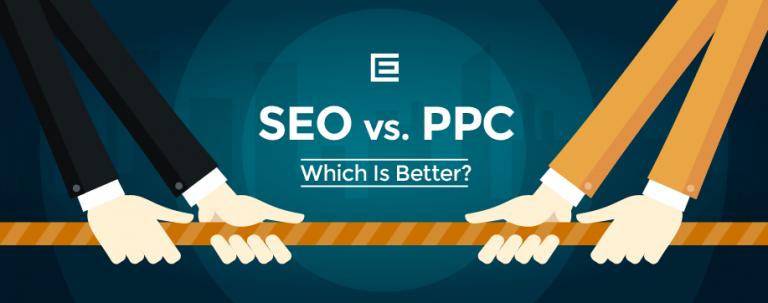Ease of Installation
Both Magento and Drupal Commerce allow users to install from scratch if they have the ability. The installation package has to be downloaded, loaded, and installed. For Drupal, users will have to install Drupal CMS itself, then enable Commerce, or use an installation profile that enables and configures Commerce on its own. In both cases, users can choose to host with a company that offers a one-click configuration and install, saving time and effort but costing some money.Ease of Use
Drupal Commerce: Drupal Commerce is an ecommerce platform built on the Drupal CMS. If users are already familiar with Drupal, they may find it easier to use than Magento or another option. However, it too can be a steep learning curve for beginner users. Magento: Magento is ideal for advanced users who can dig into its many features for true customization and control, or for businesses who think big and want software that will fulfill those ambitions. This is a very powerful ecommerce platform that benefits from professional design, coding, and development. Once the ecommerce site is ready to go, the interface is easy to use and will please both business users and site visitors.Search Engine Friendly
Drupal Commerce: Drupal Commerce enables SEO through modules. Users can install modules like Google analytics, meta-tag systems, URL management, a robots.txt generator, a site map generator, and more. This creates an SEO system, but does require work up front to customize the platform. Magento: Magento makes SEO easy, building SEO tools right into the ecommerce platform. Users can adjust URLs, meta info for categories and products, and double check search terms and rankings through Google integration. Magento’s SEO offerings are a large part of its popularity.Integration Ecosystem
Drupal Commerce: Drupal Commerce works with Windows, Android, iPhone/iPad, Mac, and web-based devices. It integrates with a variety of systems and applications including Xero, SagePay, Twitter, Facebook, and Pinterest. It integrates well with various major social networks and allows customers to share their purchases and reviews with their networks, creating an easy way to branch out to new customers. Magento: Magento works with Windows, Android, Mac, and web-based devices. It supports integration with a wide array of systems and applications, particularly, with eBay. Other systems and applications include PayOne, CashOnDelivery, BeeTailer, Mandrill, Facebook, Twitter, and Bcash. Users should find that Magento integrates well to meet business needs. Its features to build up a customer base and keep them coming back are plentiful. And targeted sales and special offers can be tailored to past shopping behavior, creating a customized experience.Cost to Maintain
Both Magento and Drupal Commerce are open-source projects that are free to use. Support for the Drupal Commerce ecommerce platform is outsourced to Commerce Guys, which offers various levels of support for different price points. This will also add to the overall cost.Customizability
Drupal Commerce: Drupal Commerce is highly customizable owing to its modular nature. You can select the modules you need to create a site that is ideal for your company. It is a very flexible system that is particularly great for users who want to integrate features aside from commerce thanks to its connection with Drupal CMS. Users will have to do some tasks to make the site look good, however, with a theme and some design work. Magento: So long as you know what you are doing, or can hire someone who does, Magento is incredibly customizable. Features range from responsive designs, zoomable images, and reviews, to targeted sales behavior. The appearance of your site can be changed in every way to match branding. The only limits are creativity and expertise.Hosted vs. Self-Hosted
Both ecommerce platforms require hosting. While this adds to overall cost, choosing a host that is in line with the company’s needs means better security, reliability, and flexibility.Target Market
Drupal Commerce: Drupal Commerce is ideal for both businesses and individuals. It lacks in the area of customization, but it will allow users to create a store fast. Magento: Enterprises large and small can use Magento, although it’s particularly good for businesses that envision a high volume of sales or that run multiple stores. Those who can invest time and money into the best store they can create will love Magento.| Magento | Drupal Commerce | |
|---|---|---|
| Easy of Installation | One-click features are available depending on host. Developers are recommended to use the platform to the fullest. 4/5 | If Drupal is already installed it can be simple; otherwise it requires a more complex installation or a one-click install with a host. 4/5 |
| Ease of Use | Setting up should be taken care of by professionals. Using the system afterwards is straightforward. 4/5 | Also powerful, but not as easy unless users are already experienced with Drupal. 4/5 |
| Search Engine Friendly | Extremely SEO-friendly! 5/5 | Extremely SEO-friendly! 5/5 |
| Integration Ecosystem | Simple and straightforward integration with most major players. 4/5 | Lots of integration, especially with social networking sites. 5/5 |
| Cost to Maintain | Initially free, plus the cost of hosting. Many features are built in. Businesses can pay for extensions and developers to install them as the business grows. 4/5 | Completely free aside from hosting fees. 5/5 |
| Customizability | Highly customizable, especially for those with the skills, or with the budget to pay someone for customization. 5/5 | Very customizable, especially when looking for a system that extends beyond e-commerce thanks to the Drupal CMS. 5/5 |
| Hosted vs. Self-Hosted | Self-hosted — more work, but more freedom. | Self-hosted — more work, but more freedom. |
| Target Market | Large businesses with high-volume stores and agencies managing multiple stores. | This platform works well for both individuals and corporations. |
Looking for an experienced web design agency that can develop a ecommerce website that is search engine friendly and easy to manage for your business? Contact our award-winning ecommerce website developers and ecommerce marketing professionals in Raleigh, NC at 919-341-8901 or schedule a complimentary consultation and website review.



